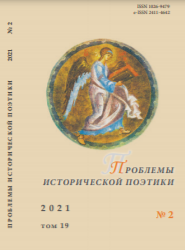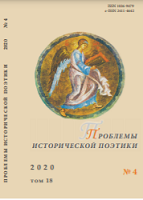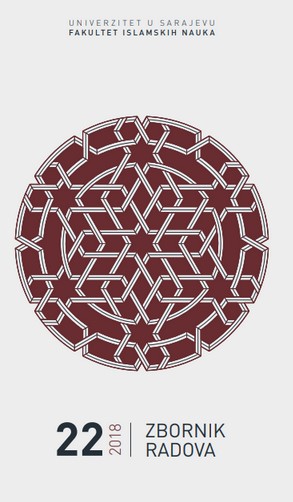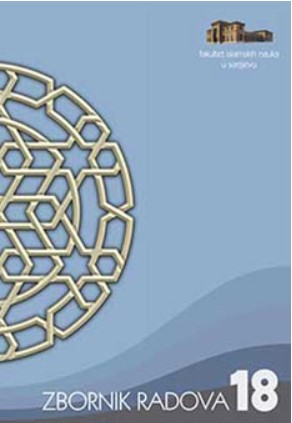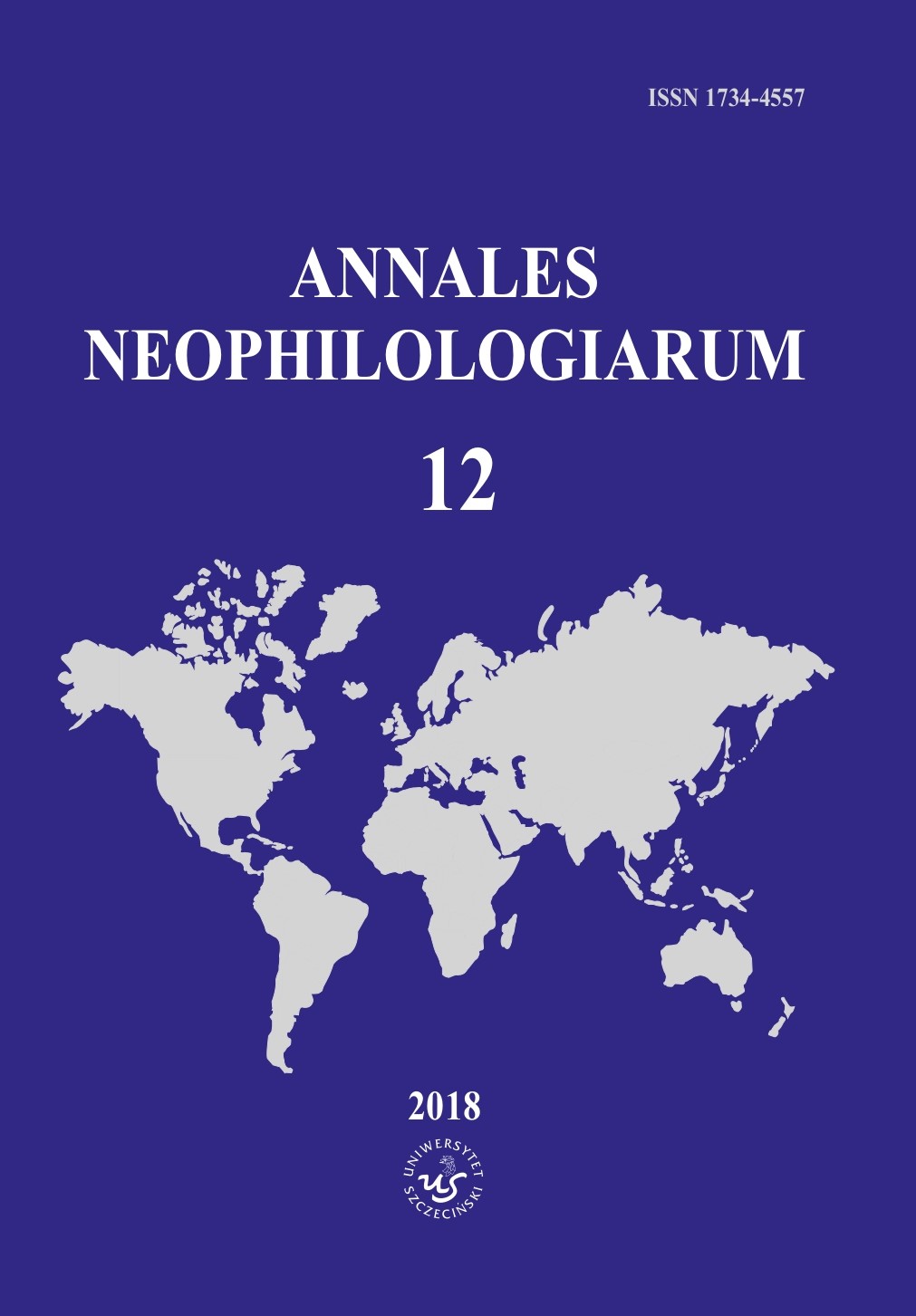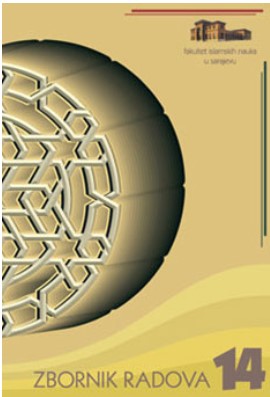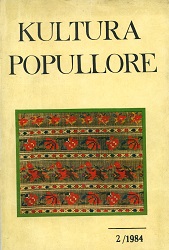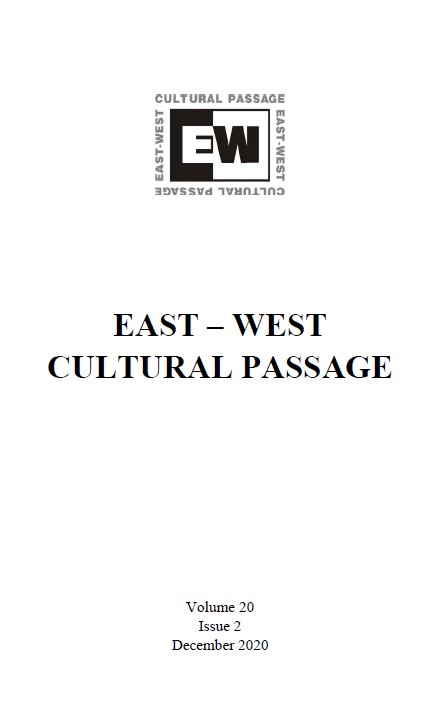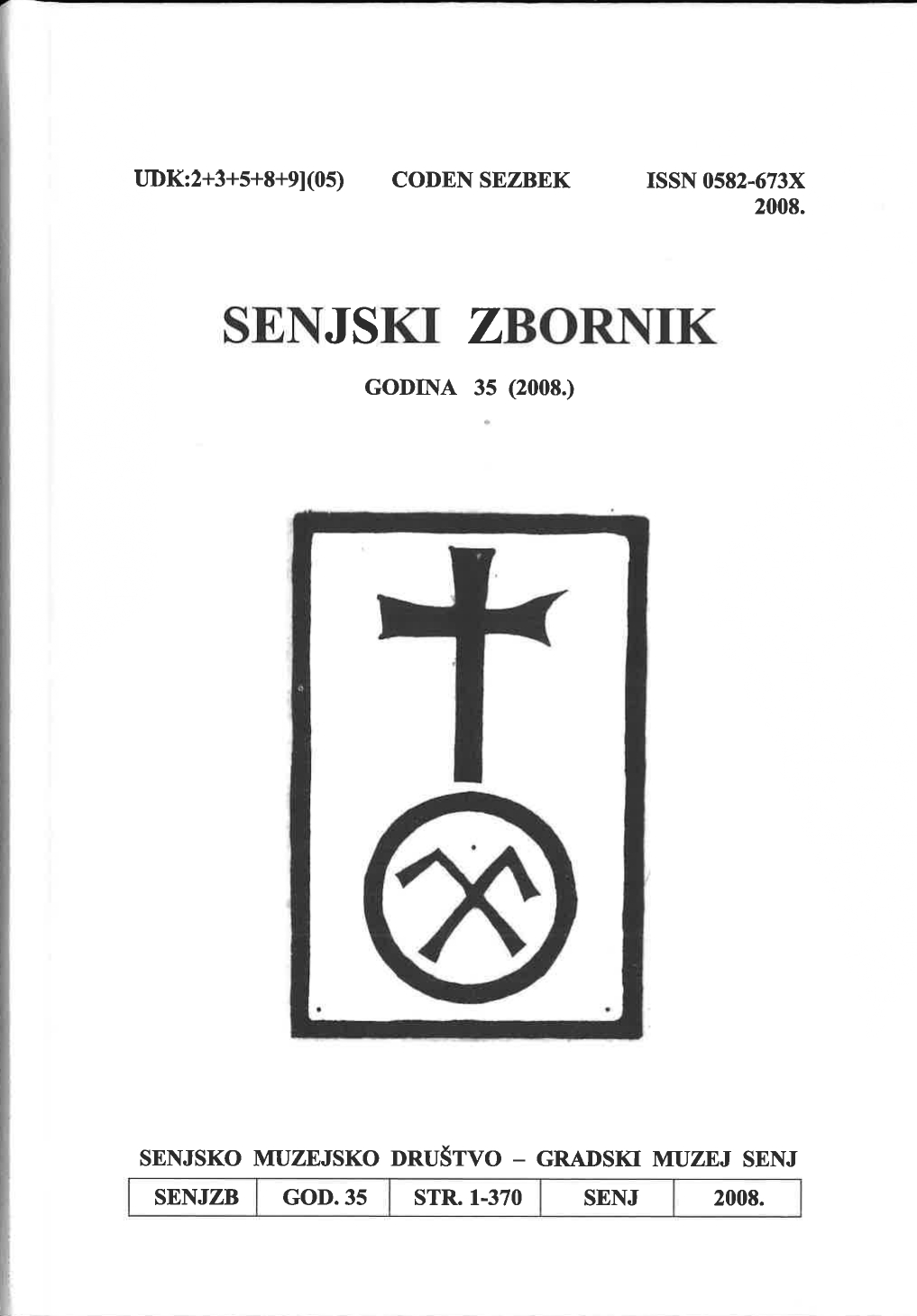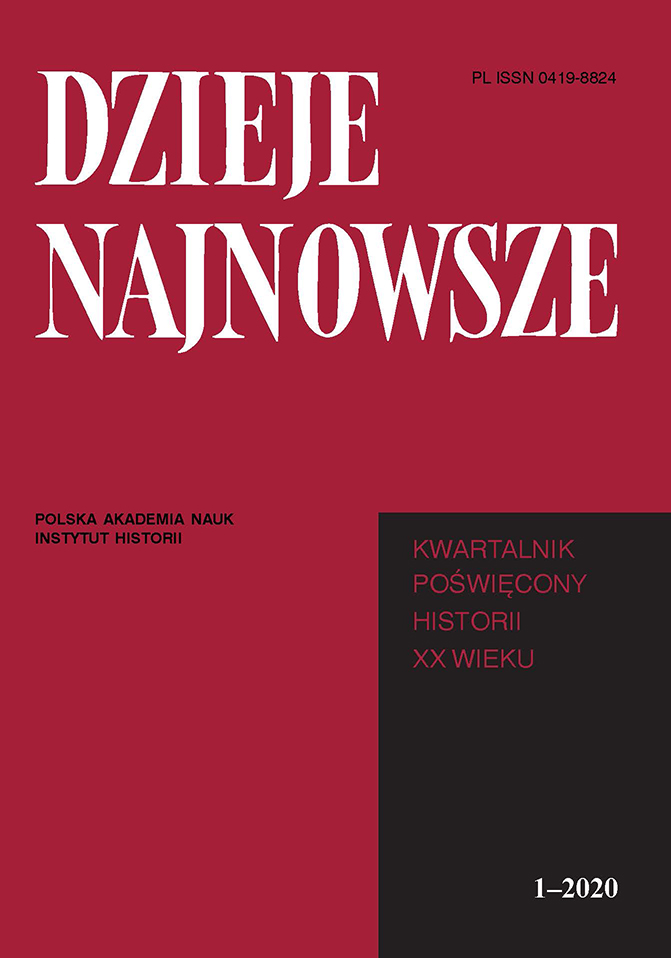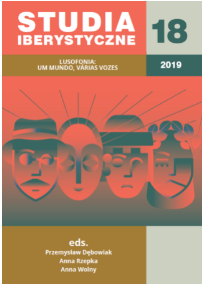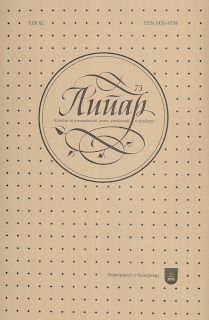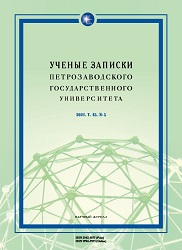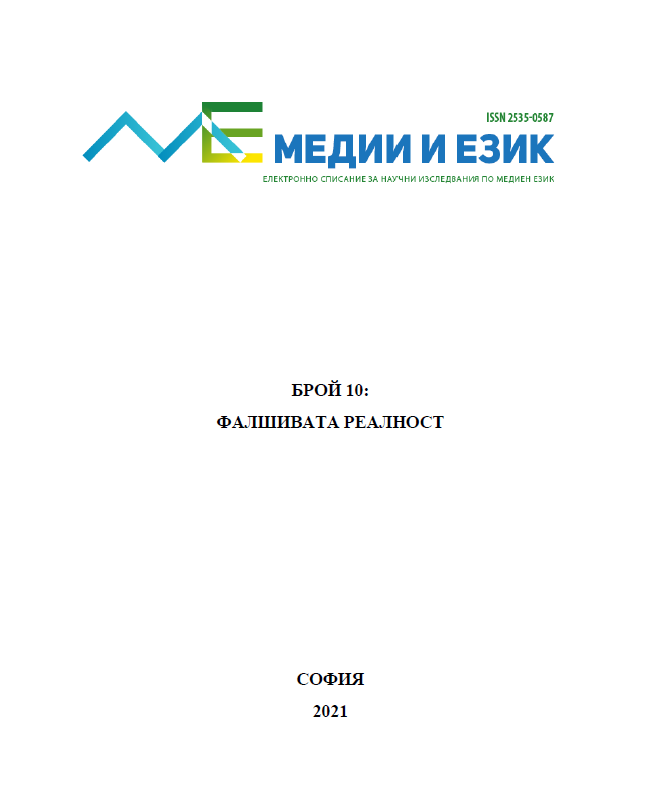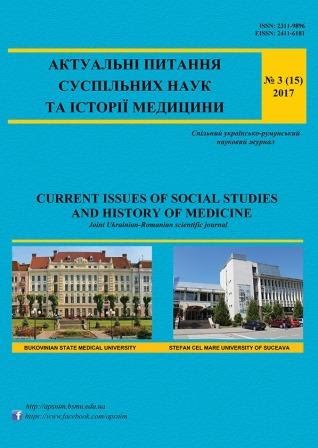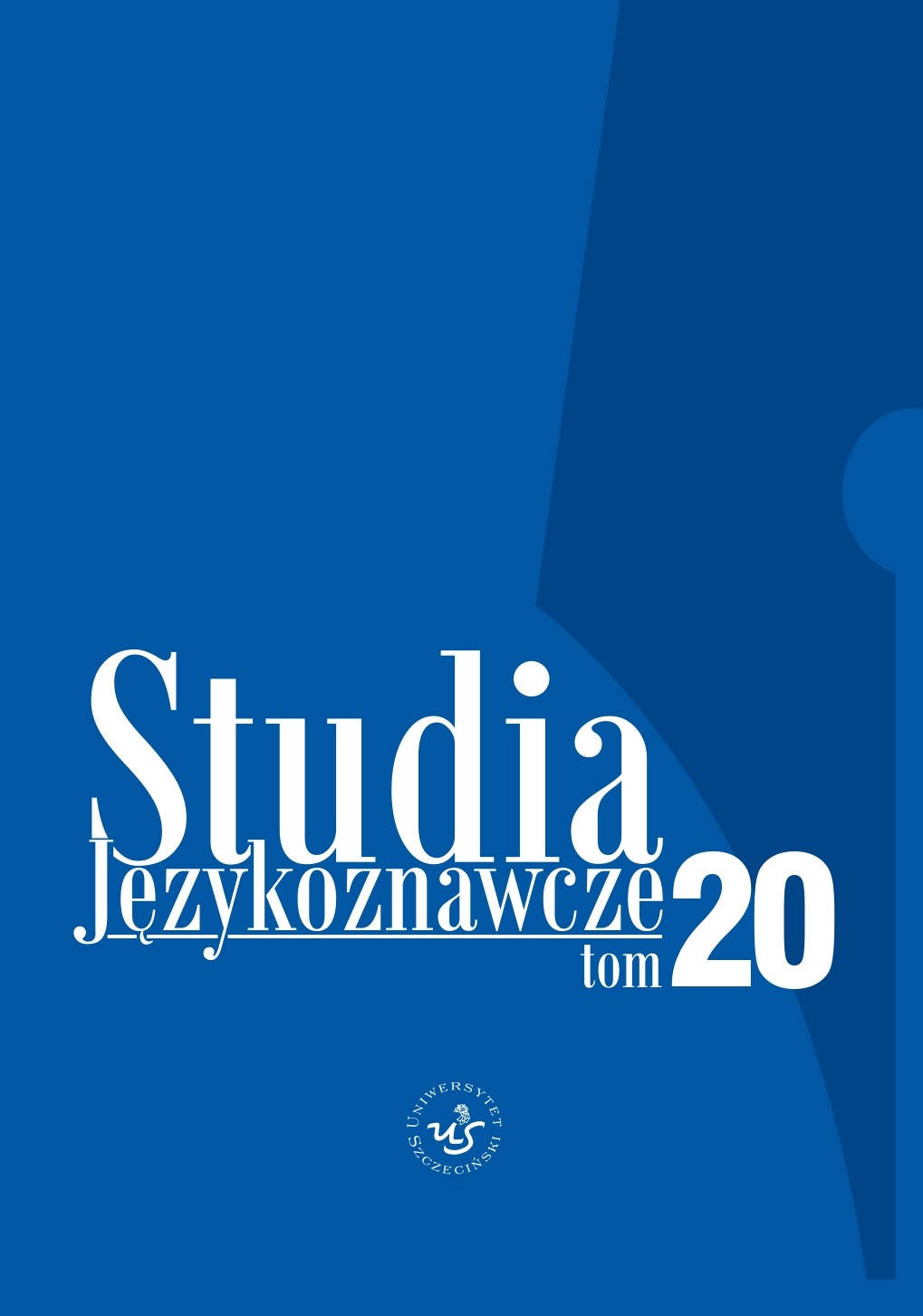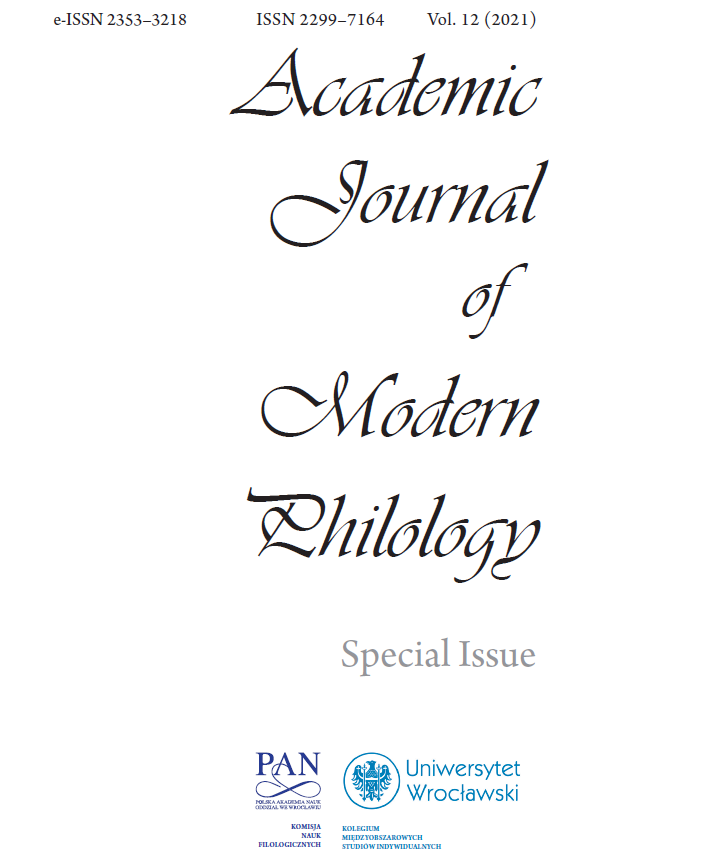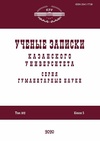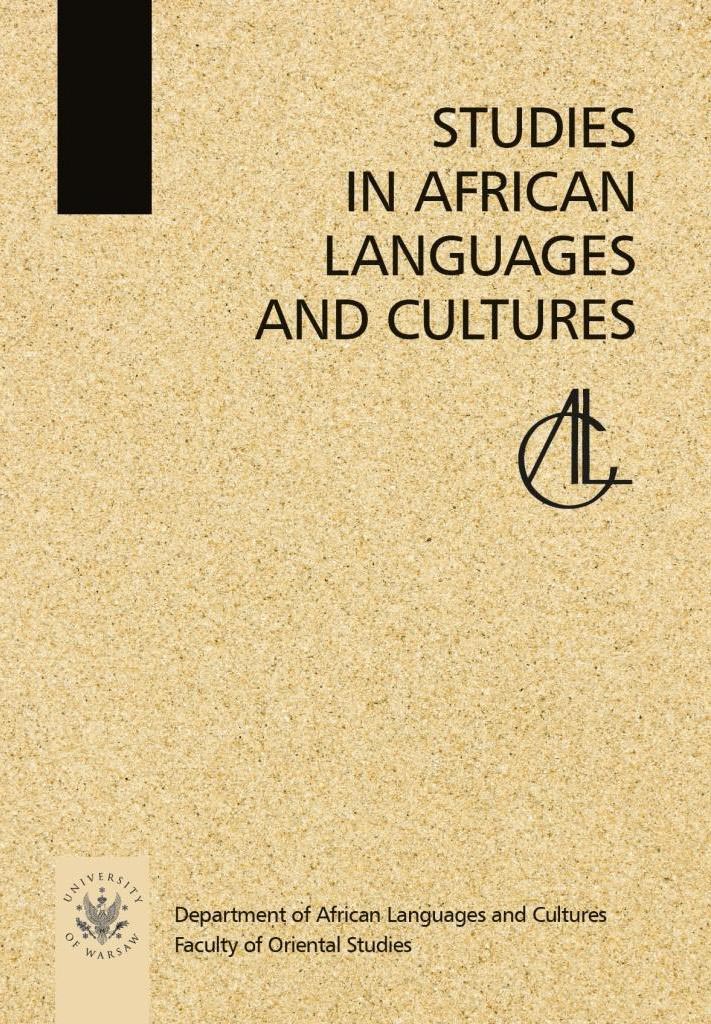
Language and identity: Hausa language of youth generation in Northern Nigeria
Wannan makala ta yi nazari a kan karin harshen matasa a Arewacin Nijeriya tare da bayanin matakai da hanyoyin da suke bi wajen kirkirar sababbin kalmomi. Sa’an nan makalar ta nuna yadda hakan ya samar wa da matasan wani rukuni na musamman da ba su damar gudar da ma’amala da harshe ba tare da wani ya gane abin da suke nufi ba sai ’yan wannan rukuni da kuma wadanda suke ma’amala da su. Haka kuma an kawo misalan yadda matasan suke amfani da kalmomin a cikin jimila.
More...
